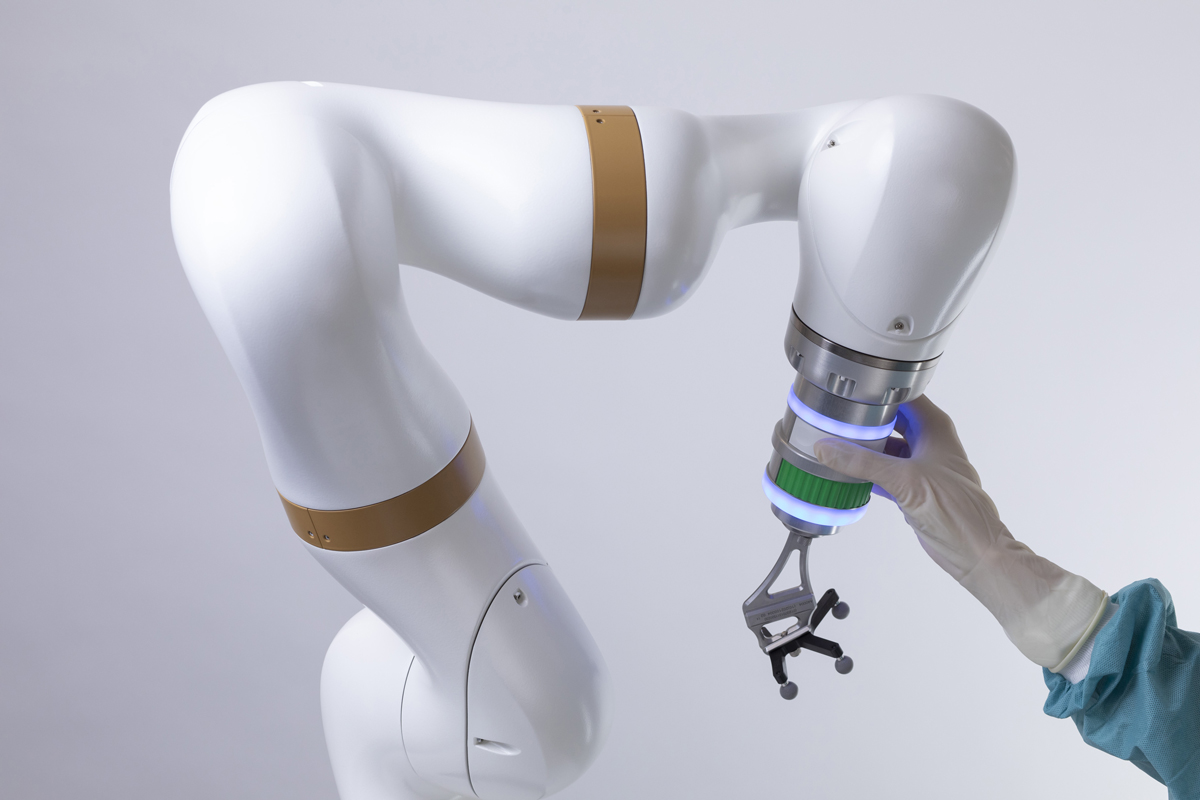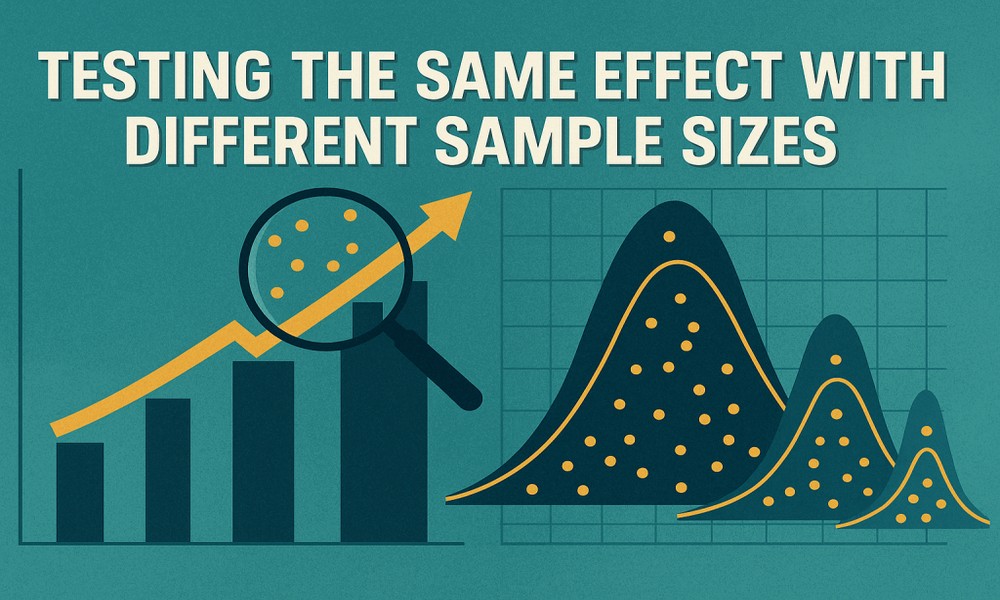Filing an Investigational New Drug (IND) application is a critical regulatory milestone in the development of any therapeutic product—but for cell therapies, the process is particularly complex. These treatments involve living cells, often genetically modified or derived from unique sources, and are subject to a host of evolving regulatory standards, manufacturing requirements, and safety protocols.
Successfully navigating this landscape requires in-depth expertise in both science and regulation. That’s where a cell therapy regulatory consultant becomes invaluable. These professionals help sponsors manage every phase of IND development—from early preclinical strategy to post-submission interactions with regulatory agencies.
1. Strategic Regulatory Planning from Day One
One of the most important roles of a consultant is developing a regulatory roadmap. This involves:
- Identifying the appropriate product classification (e.g., somatic cell therapy, gene-modified therapy)
- Determining if the product is regulated under FDA’s Center for Biologics Evaluation and Research (CBER)
- Establishing key milestones, such as pre-IND meetings and module submissions
- Aligning IND timelines with clinical trial planning and funding availability
Early regulatory input helps developers avoid common pitfalls, reducing the risk of delays or rejections.
2. Guidance on Preclinical Study Design
For cell therapies, demonstrating safety is a unique challenge. Preclinical studies must address:
- Tumorigenicity (risk of uncontrolled growth)
- Biodistribution and persistence
- Immunogenicity and cytokine response
- Comparability if multiple manufacturing lots or facilities are used
Consultants help design animal studies that are scientifically rigorous and acceptable to regulators. They ensure studies comply with Good Laboratory Practice (GLP) where necessary and include endpoints that directly support IND approval.
3. Manufacturing and CMC Support
The Chemistry, Manufacturing, and Controls (CMC) section of the IND is especially critical for cell therapies due to:
- Product variability
- Short shelf life and cold chain requirements
- Source material documentation (e.g., donor screening)
- Process development and scalability issues
Consultants assist with CMC strategy by helping teams establish robust Standard Operating Procedures (SOPs), validating critical processes, and ensuring proper documentation for facility readiness and GMP compliance.
4. Regulatory Writing and Documentation
The IND application includes multiple modules that must be clear, consistent, and well-structured. These often include:
- Nonclinical study reports
- Product characterization data
- Clinical protocols and investigator brochures
- Environmental assessments for gene-modified products
Regulatory consultants provide or review technical writing to ensure alignment with agency expectations and international standards such as ICH guidelines. They often compile or author the entire IND dossier, reducing the burden on internal teams.
5. FDA Meeting Preparation and Communication
Engaging with the FDA through a pre-IND meeting is a valuable opportunity to get feedback before submission. Consultants help prepare:
- Meeting requests and briefing documents
- Data presentations
- Lists of key questions for agency input
- Talking points for oral discussions
They often attend the meetings and assist with interpreting agency feedback, helping to refine the IND package and resolve issues before submission.
6. IND Submission and Post-Filing Support
After the IND is submitted, the consultant tracks agency responses, helps address Information Requests (IRs), and provides support during the 30-day review period. If a clinical hold is issued, the consultant leads the response process to get the program back on track.
They also assist with ongoing regulatory maintenance such as IND amendments, safety reporting, and annual reports.
Conclusion
Developing a cell therapy product is a high-stakes endeavor, and filing an IND is one of the most technical and heavily scrutinized steps. A cell therapy regulatory consultant brings deep expertise in compliance, science, and communication—giving sponsors the strategic advantage needed to move from lab bench to clinical trial with confidence.














Comments